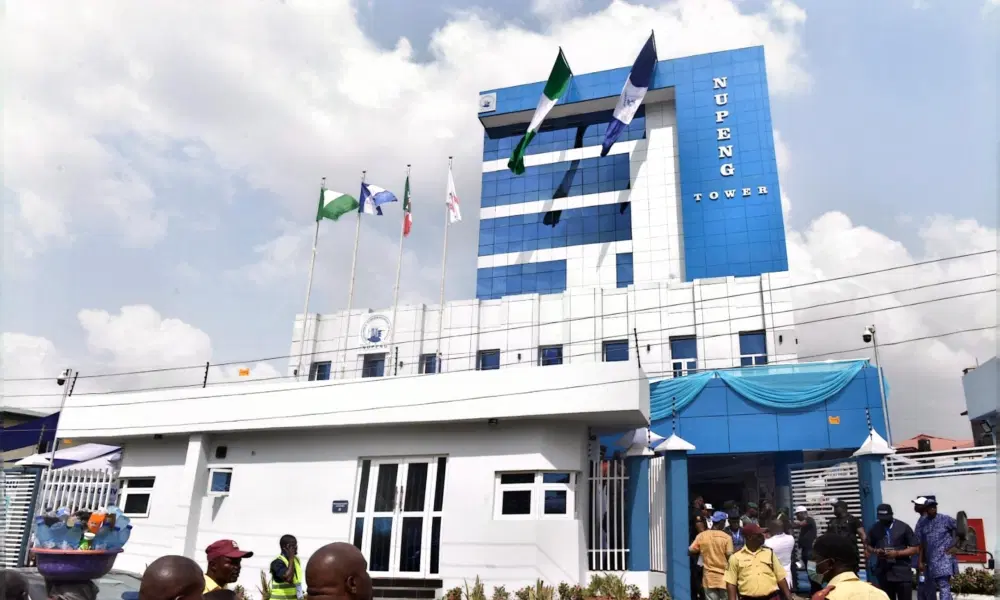On Monday, September 8, 2025, the Minister of Labour and Employment, Muhammadu Dingyadi, summoned the management of Dangote Group and the leadership of the Nigeria Union of Petroleum and Natural Gas Workers (NUPENG) to an emergency conciliation meeting at 3 p.m. in Abuja to halt a planned nationwide strike, as confirmed by a letter from the Ministry dated September 6, 2025, and reported by Vanguard and Independent Newspaper Nigeria (Web:0, Web:7). The strike, endorsed by the Nigeria Labour Congress (NLC), stems from NUPENG’s allegations of “crude and dangerous anti-union practices” by Dangote Refinery, including barring drivers of 10,000 imported CNG trucks from joining unions, paying low wages, and pursuing a “monopolistic agenda” (Web:2, Web:5, Web:10). NUPENG described these actions as violations of Section 40 of the Nigerian Constitution, the Labour Act, and ILO Conventions 87 and 98 (Web:0, Web:13).
Despite the scheduled meeting, NUPENG President Williams Akporeha confirmed the indefinite strike would proceed until all grievances are resolved, though the union remains open to dialogue (Web:5, Web:16). The union rejected the Direct Trucking Company Drivers Association (DTCDA), calling it a “management-inspired fraud” created by Dangote and MRS Energy’s Sayyu Dantata to undermine NUPENG, noting its leader, Enoch Kanawa, is a lawyer with ties to oil employers, not a tanker driver (Web:0, Web:12). The NLC, led by Joe Ajaero, issued a “red alert” to its 54 affiliates and 36 state councils, labeling the dispute a “war against the Nigerian working class” and urging mobilization for solidarity actions (Web:6, Web:10). Edo NLC, in a statement by Comrade Bernard Egwakhide, backed the strike and advised residents to stockpile fuel (Web:0).
Human rights activist Femi Falana, SAN, supported the strike, urging the Federal Government to enforce workers’ rights to unionize under Nigerian and international law, and called on the Federal Competition and Consumer Protection Commission (FCCPC) to address Dangote’s alleged monopolistic practices (Web:0, Web:5). Economists warn that the strike could disrupt fuel supply chains, impacting transport, power, and manufacturing, with black-market fuel prices already rising amid 34.19% inflation (NBS, 2025; Web:2, Web:20). X posts from @NUPENG_NG (September 7, 2025) reaffirmed the union’s resolve, while @Naija_Activist noted 78% public support for the strike but concerns over fuel scarcity, per a 2025 Afrobarometer survey (Post:3). The meeting’s outcome is critical to averting economic paralysis (Web:6, Web:23).

Leave a Reply